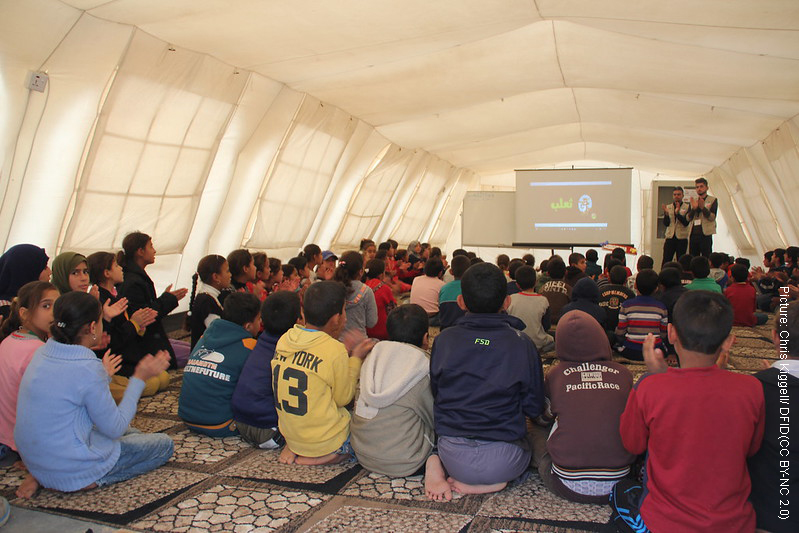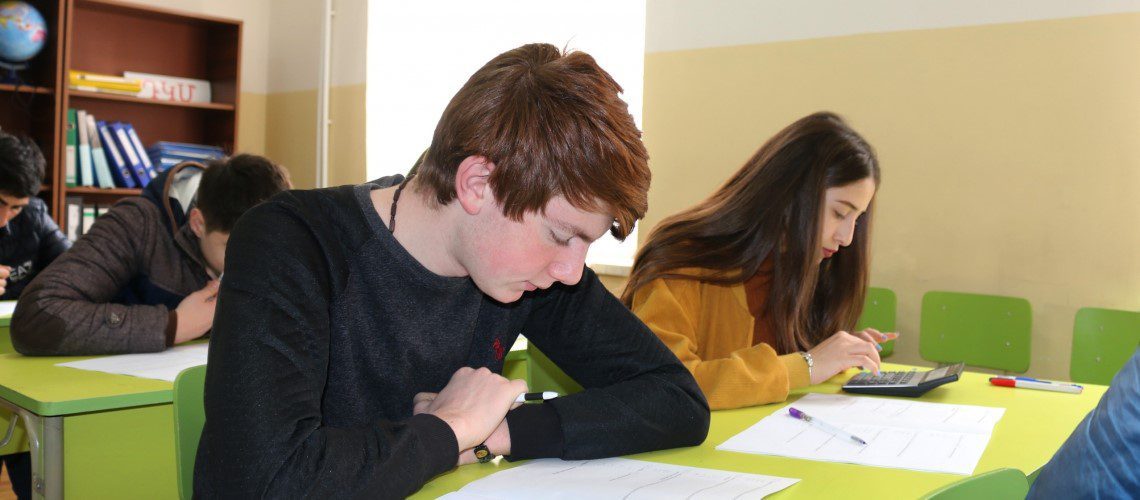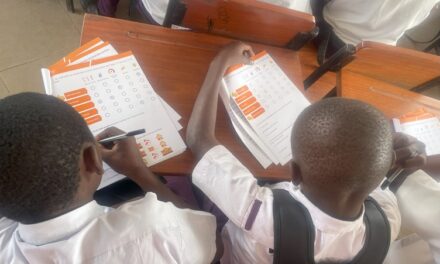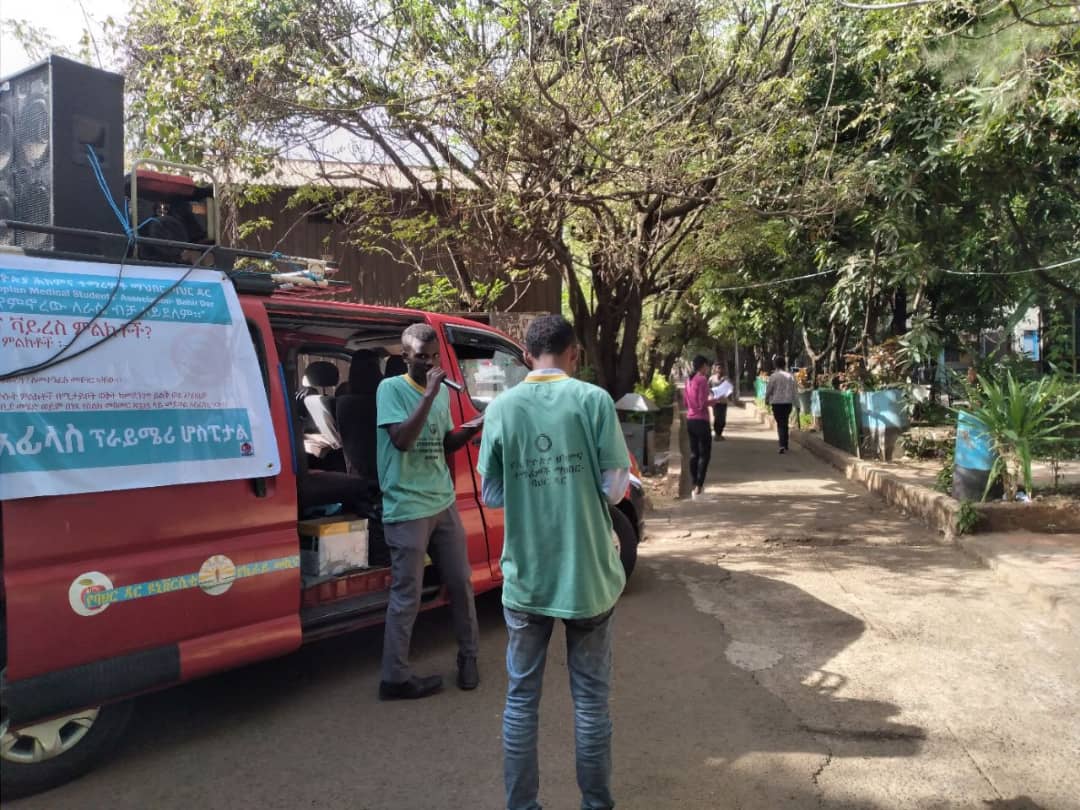This blog was written after the 2021 UKFIET conference by the co-convenors of one of the six conference themes: Reimagining Learning Spaces. The co-convenors are Yulia Nesterova, Research Fellow in the School of Education at the University of Glasgow; and Becky Telford, Chief of Education at UNHCR.
The theme ‘Reimagining Learning Spaces’ at the 16th UKFIET Conference (2021) sought to learn from diverse contexts what more inclusive, responsive, and equitable learning spaces can look like to help us re-build better after the ‘learning catastrophe’ created by the COVID-19 pandemic. The space that the UKFIET Conference created allowed us to learn some key lessons from a range of insightful presentations of projects and research from across the world. These insights will help us move forward in strengthening educational and learning spaces, in particular for vulnerable and marginalised children and young people.
Learning to learn and self-directed learning is a critical skill that children need to acquire along with literacy and numeracy skills. This skill will allow them to continue learning throughout their lives and thus become more resilient.
Setting up informal spaces such as clubs, camps, peer spaces, local study circles, are important to support learners. They are especially helpful in directly reaching out those most marginalised and can provide opportunities for more quality time with peers.
Creating an enabling and safe home environment where parents, siblings, and extended families can support their children. This includes providing families with internet connection, devices such as computers, and electricity; preparing relevant learning materials; and training family members to support children’s learning and wellbeing.
Supporting intergenerational learning where children and other family members learn from each other can be an important way to build an enabling home environment, strengthen relationships between family and community members, and support family members’ learning to support children and themselves. In short, it’s an effective way to support lifelong and life-wide learning.
Indigenous knowledges and ways of knowing, learning, doing and being should play pivotal role in decolonising education and communities, offering more relevant and culturally- and context-sensitive education and learning, and dealing with trauma and colonial legacies.
Relevant to decolonisation and Indigenisation is achieving epistemic justice, including by incorporating dialogue and reflexivity in education as well as factual and inclusive history. Epistemic justice approach can help learners (un)learn what they know (harmful stereotypes and one-sided historical accounts), develop mutual understanding with those who are different, acknowledge and respect humanity of others, and work to redress injustices marginalised groups (e.g. Indigenous peoples, ethnic/racial/religious minorities) face.
Adopting a whole-community approach as community groups and volunteers are vital in creating and sustaining community-based learning, increasing social capital of community members, and improving learning. Communities need to be recognised and supported by authorities to give them legitimacy and underscore their value. They also need to have support in acquiring skills and capabilities and in building spaces to sustain education and learning.
Specialised content and individualised learning plans, including learning materials in learners’ mother tongues, to facilitate inclusion, ensure every child receives the support they need to develop their knowledge and skills, and improve learning experiences and outcomes.
Technology is important for reaching marginalised learners, but there should be multiple channels used to ensure everyone participates, including high, low, and no tech solutions (e.g. WhatsApp, phone, radio) and such learning should still be supported by face-to-face support provided by volunteers, families, and community members where schools are absent as well as printed materials.
Partnerships between key stakeholders such as homes, schools, and communities can support both formal education, including teachers, and informal, community education and home education. Such partnership will help to strengthen connection between schools, communities, and homes.
Psychosocial assessment and support should be offered where necessary to teachers, learners, and their families to deal with challenges they face resulting from the COVID-19 pandemic and its consequences as well as other challenges and traumas caused by poverty, gender-based violence, conflict, natural disasters, and others.
Interventions should be contextualised, including by working closely with local stakeholders and directly engaging with children and young people, to ensure relevance and effectiveness.
Families and communities cannot support their learners if there is no financial stability to ensure that children are healthy, regularly receive nutritious food, and live in a hygienic environment. Similarly, schools cannot provide required support to teachers and learners if there is not enough sustained financial support offered to them.
Quality and rigorous research is critical to collect evidence that can help stakeholders develop policies and initiatives that meet every learner’s needs.





